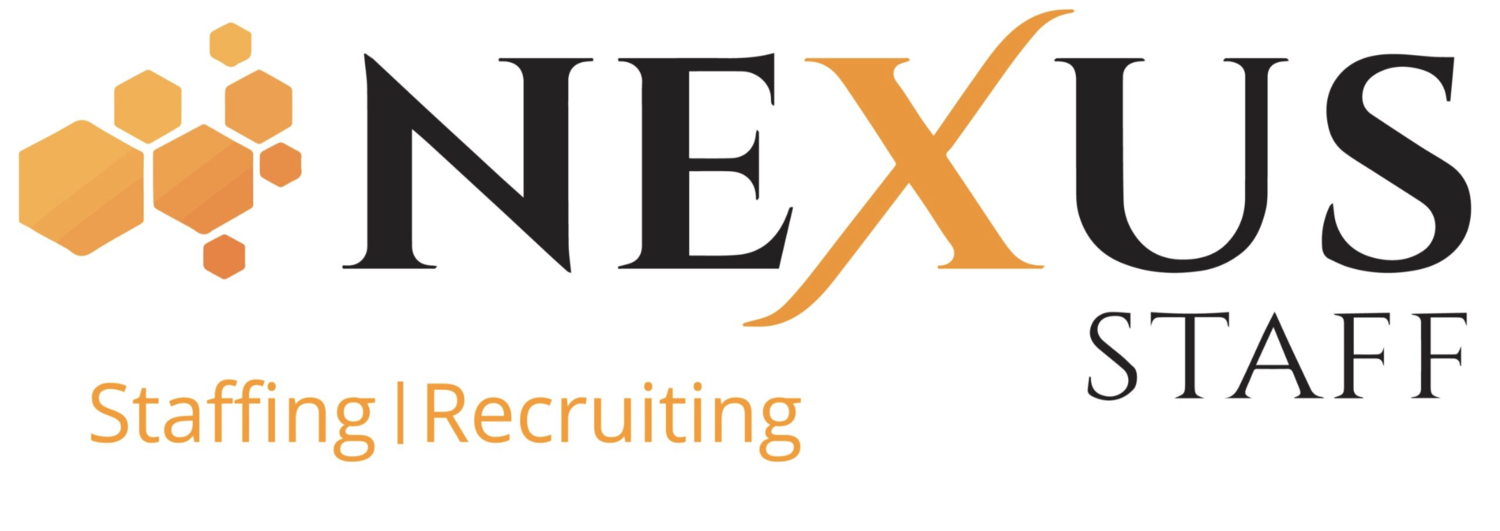Seven Common Questions Asked In Exit Interviews
Before employees can officially leave a position, some organizations may request or require that the employee participates in an exit interview. During an exit interview, employers are able to gain valuable insight as to why exactly that employee is leaving and learn more about their experiences with the organization. Exit interviews can also serve as an opportunity for organizations to learn how they can improve in the future for both current and prospective employees.
Although exit interviews may seem like the complete opposite of a job interview, it's important to prepare ahead of time just as you would for a traditional interview. For example, before your exit interview, you’ll want to formulate answers and put together a few talking points for questions that will potentially be asked.
If you’ve recently decided your current position is no longer serving you and you want to start preparing for an exit interview, get started with these seven common questions below.
What led to your decision to leave?
During exit interviews, employers may ask what it was that ultimately made you decide to leave a position. Whether it was one specific reason or a combination of different factors, be truthful in the answer that you give. Remember that your answer has the potential to help the company understand where they need to make any adjustments, so an honest answer will have the biggest impact.
Would you recommend our company to a friend?
When companies ask whether or not you would recommend the organization to a friend, they might not necessarily be looking for a referral. Instead, they want to hear your reasoning as to why you genuinely would or wouldn’t suggest a friend works there. Again, the answer you give to this question can give companies a clear indication of where they need to make improvements. After all, a brand’s reputation can play a big role in attracting new employees and retaining current ones.
What suggestions do you have for the company?
One of the most valuable ways companies can make improvements is by taking the feedback and suggestions they receive into consideration — especially from employees. With this in mind, try to take a step back and really think about your answer to this question. Consider again what it was that confirmed your decision of looking for a new role and base the suggestions you give off of that. For example, if a lack of remote work is the main reason you will be moving on, suggest the company implements a new remote or hybrid work policy. While you certainly don't need to offer step-by-step plans, make sure the suggestions you give are attainable and reasonable.
Were your expectations for this role met?
When asked whether or not a role met your expectations, take the career goals you have set for yourself into consideration. Did this role help you achieve them, or at least, get closer to them? Be honest in your answer and if the role did not meet your expectations, offer feedback on what could have been done differently.
What did you like the least about working here?
Before answering this question, take time to reflect on what didn’t work for you in this role. This is your chance to explain the day-to-day experiences you encountered that maybe weren’t necessarily the reason you left, but still played a role in your departure. The answer you give to this question can offer valuable feedback on where the organization can make any adjustments, not only for this role, but for the organization as a whole.
What did you like the most about working here?
Unlike other questions, the question “what did you like most about working here?” lets employers know what they’re doing right. This means the answer you give won’t focus on any negative experiences. Instead, it's your opportunity to leave the company on a positive note and let them in on a different perspective. With your answer to this question, employees will know what they should highlight in the job description and throughout interviews with potential replacements.
Would you consider returning to the company?
After discussing your reasons for leaving, suggestions you have, and answering any other questions your employer had during your exit interview, you may be asked whether or not you would ever potentially return to the company. When answering this question, try to consider whether or not you believe the organization is committed to making the changes you discussed. If you believe the company will take your feedback into consideration, be honest in your answer and plans for potentially returning to the organization as a “boomerang employee.” On the other hand, if you don’t see the company making changes any time soon, remember to keep your answer positive, yet honest. Explain that you have made your decision and will ultimately be moving on to a different opportunity.
Still deciding on your next move post-exit interview? Nexus has got you covered. Check out our list of available jobs here or contact us today for a personalized job search experience. Our team is ready to help you find an opportunity that perfectly aligns with your skills!







